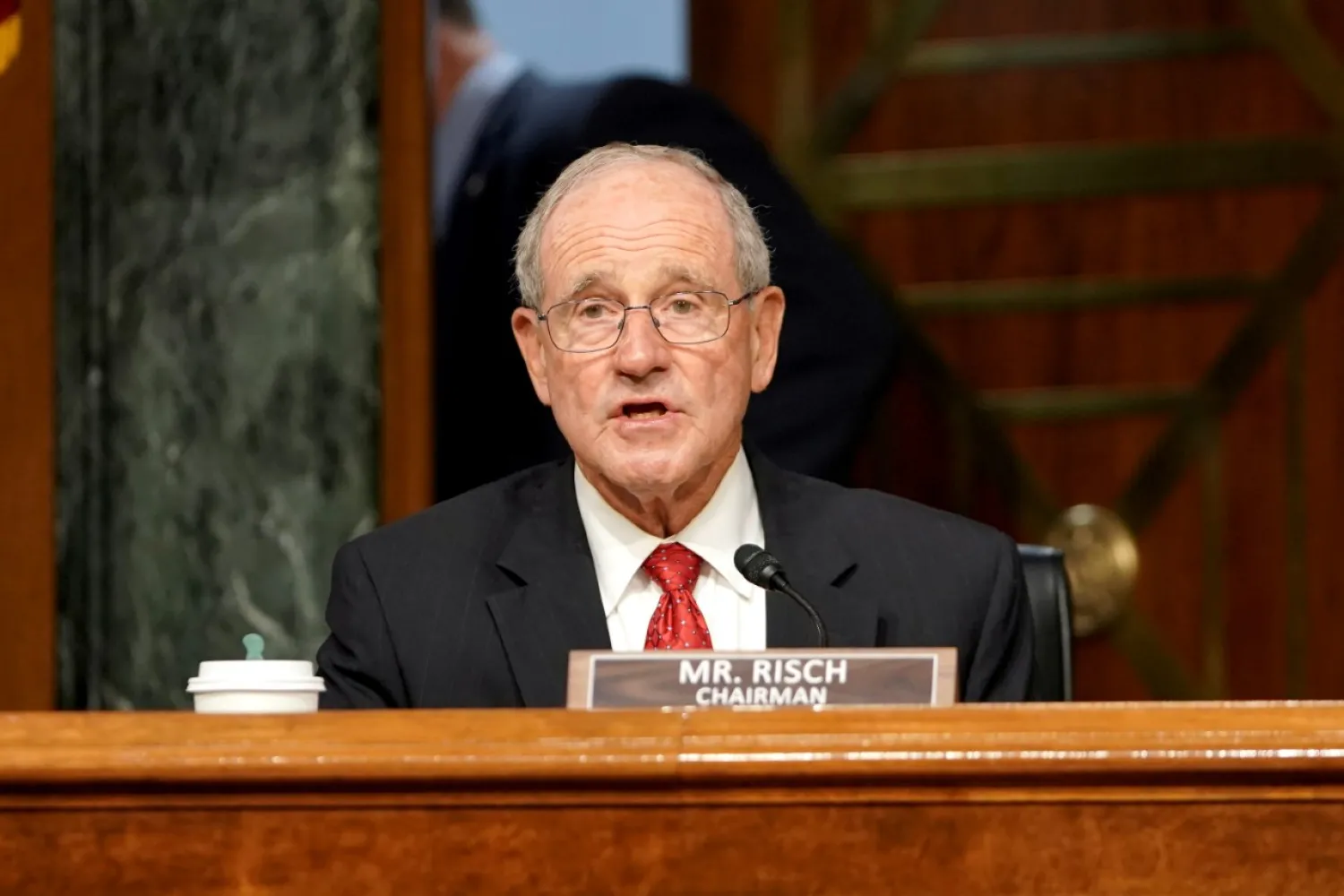US Senator Jim Risch, the ranking member of the Senate Foreign Relations Committee, called on the US administration to do more to help Syrians.
In a statement issued by his office marking the 11th anniversary of the conflict in Syria, Risch said: “Since 2011, dictator Bashar al-Assad, backed by Russia and Iran, has overseen a campaign of death and destruction so horrific in scale that the UN stopped counting deaths in 2014 when the number reached over 100,000 civilians.”
“What’s more, after 11 years of barrel bombs, chemical weapons attacks, and countless airstrikes on civilian infrastructure, including hospitals, key US partners now appear intent on bringing Assad back into the international fold,” Rich said.
The Senator urged the Biden Administration to stop enabling them and use all tools at its disposal to ensure “US policy toward Syria is consistent with our values. There should be repercussions for any nation that wishes to rehabilitate Assad’s murderous regime.”
Risch recalled that events in Ukraine serve as a reminder of the consequences of failing to hold dictators and war criminals to account for their actions.
Russia has learned from its experience in Syria and is now deploying the same weapons and tactics in Ukraine, including the potential use of chemical or biological weapons.
“We should learn from our mistakes in Syria to prevent a tragedy on a similar scale from unfolding in Ukraine. We can, and we must, do more,” he said.
Meanwhile, the US Embassy in Syria tweeted marking the 11th anniversary of the “Syrian uprising in Daraa and peaceful protests the Assad regime violently crushed. Assad regime violence destabilized the region, killed hundreds of thousands and displaced millions.”
The embassy warned that Russia has supported for years a military campaign in Syria warning that Moscow may use similar tactics in Ukraine.
The embassy stressed the need for accountability.









